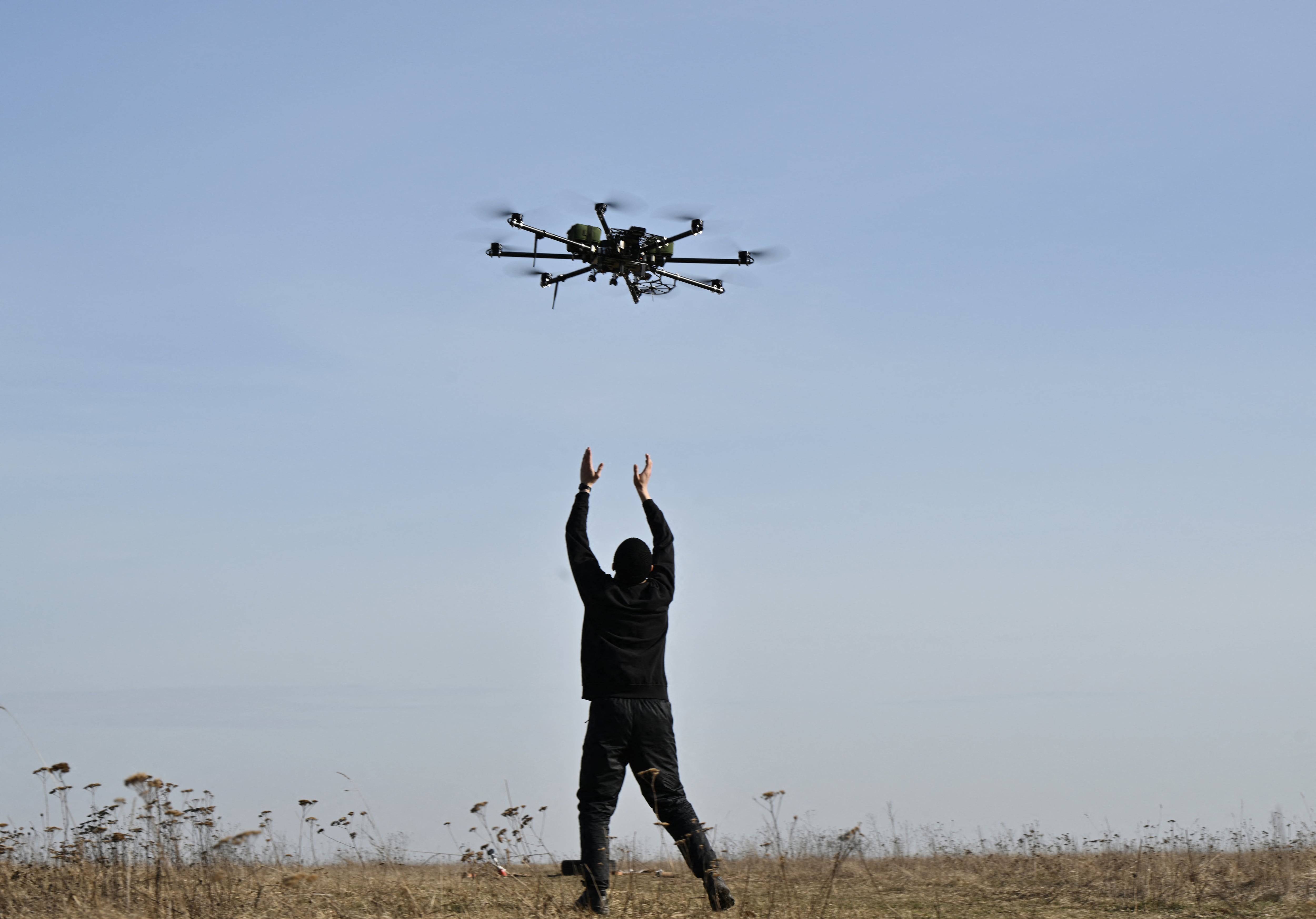C4I TECHNOLOGY DIVISION HDQ, Tzrifin Base, Israel — A principal architect of the Israeli military's cyber defense force says Israel can play a key role in creation of an operational alliance — similar to that of NATO, but global in scope — to collectively defend against global cyber threats.
"We're thinking of a military type of coalition that will co-defend like-minded nations … If you like, in a very coarse and indelicate comparison, like Article 5 of NATO; like a Cyber Article 5," said Israel Defense Forces (IDF) Brig. Gen. Daniel Bren, head of the Technological R&D and Mission Support Division of the J6 C4I Directorate.
In a Dec. 8 interview, Bren said that the IDF, while a regional power in the kinetic and maneuvering sense, must be become a global power in the cyber domain.
"We understand that there is a variety of adversaries and enemies in cyber. And we understand that cyber is physically unique andthat differs from the kinetic realm. … So we have to build our capabilities around cyber to be able to project global postures."
According to the chief technological developer of the nation's cyber defense force, the mandate of the envisioned "operational coalition" would be to detect and thwart threats before member nations would need to activate the "cyber Article 5" collective defense mechanism.
"We hope to build a structure that won't get us to the Article 5 part, but rather will help us to detect and mitigate before Article 5."
In a Dec. 8 interview, Bren said Western, democratic governments now lack the operational organization and legal framework to defend effectively against cross-border, intercontinental cyber threats, Bren said.
"So because bad actors have a global posture in the cyber role, I think we have to work in a combined global posture defense mechanism. This calls for a lot of novel procedures and technologies aimed at threat intelligence and so-called IOCs [indicators of compromise]."
He added, "Whoever is committed to a secure, yet free, liberal society should be part of this coalition. So we'll see European nations and, of course, the US and the government of Israel … starting to share information and build up a better global posture than those bad actors, who are also global."
Retired Air Force Maj. Gen. Itzik Ben-Israel, an adviser to Prime Minister Benjamin Netanyahu on cyber-related issues, noted that the Israel National Cyber Bureau (INCB) is leading this issue on behalf of the Israeli government.
He declined to elaborate on what progress, if any, is being made toward establishing such a global cyber alliance, yet indicated that serious planning and discussion have already been invested in the concept.
"This is not an IDF initiative, but the IDF certainly has capabilities that the government and other governments may need to draw on if there is a need," said Ben-Israel, the man who chaired the task force that pushed to create the INCB.
In a Dec. 8 interview, Ben-Israel said noted that the INCB is now in the process of standing up its own Cyber Security Authority to bridge security and civilian sectors in defense against cyber attacks. Netanyahu’s Cabinet approved the new authority in January, but it is only now receiving funding with last month’s passage of the government’s 2015 budget.
It will be this operational Cyber Security Authority, which Netanyahu has described as "a new Air Force to deal with new threats," that would serve as Israel’s contribution to the envisioned collective cyber defense alliance, sources here said.
In a Dec. 6 statement following an INCB briefing to the Israeli Cabinet, Netanyahu cited cyber as a top government priority.
"I set cyber as a national goal because it is a critical issue for us. We are world pioneers and leaders."
While the statement made no mention of the envisioned cyber defense coalition, Netanyahu did say his government was "taking additional steps at the national level." He added: "We will continue to invest and lead in the cyber field."
Meanwhile, the IDF is working methodically to stand up its Joint Cyber Command by the end of 2017. The new operational arm of the IDF will integrate defensive capabilities now provided by the IDF's C4I Branch with collection and offensive operations now performed by various communities of Military Intelligence.
In October, Lt. Gen. Gadi Eisenkot, IDF chief of staff, announced that the Cyber Defense Department would be expanded to a full division and ultimately incorporated into the new Joint Cyber Command. In November, he tapped Bren to head the expanded division until his retirement in the summer of 2016, when an officer from Military Intelligence will take command of the cyber defense division.
"This division will reorganize and align all defensive capabilities that were scattered all over the IDF. It will draw from capabilities that come from here [the J6 C4I Branch] and from different forces and communities IDF-wide," Bren said.
The cyber defense officer declined to discuss plans for the offensive mandate of the new Joint Cyber Command, but characterized the defensive mandate as such:
"First and foremost, to defend the military, our systems and our processes. And secondly, to defend the nation when called upon by our government, which in this case is the Israel National Cyber Bureau."
Email: bopallrome@defensenews.com
Opall-Rome is Israel bureau chief for Defense News. She has been covering U.S.-Israel strategic cooperation, Mideast security and missile defense since May 1988. She lives north of Tel Aviv. Visit her website at www.opall-rome.com.







